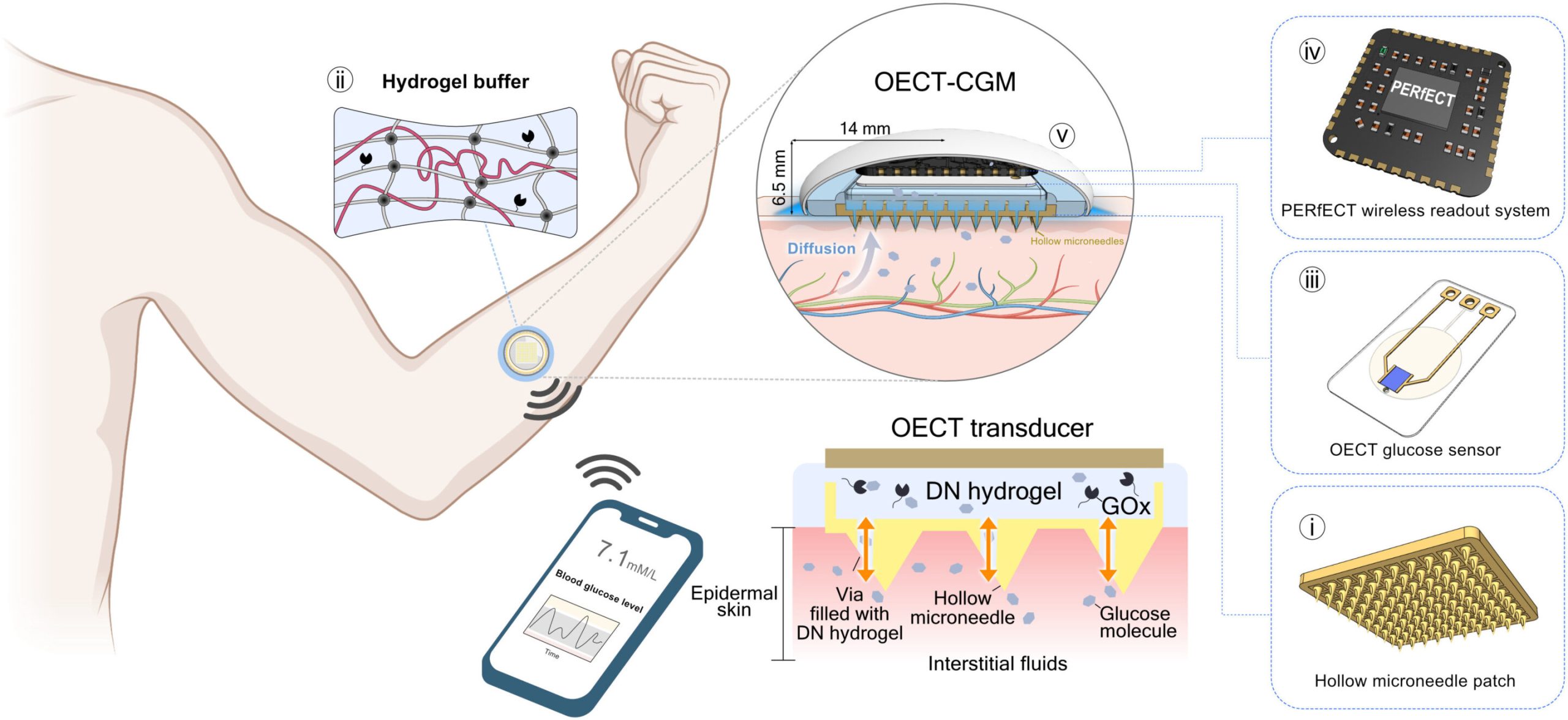
New research published in New England Journal of Medicine and presented at this year’s Annual Meeting of the European Association for the Study of Diabetes (EASD) in Madrid (9–13 Sept) shows that a new class of insulin that is injected once a week is as effective as daily insulin injections for effective and safe blood sugar management in patients with type 2 diabetes. The study is by Dr. Carol Wysham, MultiCare Rockwood Center for Diabetes and Endocrinology, Spokane, WA, U.S., and colleagues.
When patients with type 2 diabetes find their oral medications alone can no longer control their blood sugar, insulin therapy is added and injection frequency (having daily injections) is among the main factors that can contribute to failures in treatment adherence (others include worry about weight gain and having hypoglycemic episodes or ‘hypos’).
Insulin efsitora alfa (efsitora) is a new basal insulin designed for once-weekly administration. Clinical data to date on safety and efficacy have been limited to small phase 1 or phase 2 trials.
In this new phase 3 study, the efficacy of once-weekly efsitora was compared to daily injections of insulin degludec (a standard insulin) in adult patients that had not yet begun insulin therapy (on multiple oral diabetes medications but still were not at their glycemic goals).
The authors conducted a 52-week study in which participants were randomly assigned in a 1:1 ratio to receive efsitora or degludec. The primary end point was the change in the glycated hemoglobin (HbA1c – a measure of blood sugar control) level from baseline to week 52; they hypothesized that efsitora would be noninferior to degludec (non-inferiority margin, 0.4%).
Secondary and safety end points included the change in the glycated hemoglobin level in subgroups of participants using and not using the relatively new glucagon-like peptide-1 (GLP-1) receptor agonist antidiabetic medications, the percentage of time that the glucose level was in the target range of 70 to 180 mg per deciliter in weeks 48 through 52, and hypoglycemic episodes.
A total of 928 participants were randomly assigned to efsitora (466) or degludec (462). The mean glycated hemoglobin level decreased from 8.21% at baseline to 6.97% (absolute change 1.26%) at week 52 with efsitora and from 8.24% to 7.05% (absolute change -1.17%) with degludec; a treatment difference of 0.09% that demonstrated non-inferior reduction of Hb1Ac between efsitora and degludec.
Efsitora was also noninferior to degludec with respect to the change in the glycated hemoglobin level in participants using and not using GLP-1 receptor agonists. The percentage of time that the glucose level was within the target range was 64.3% with efsitora and 61.2% with degludec (estimated treatment difference, 3.1 percentage points; statistically significant).
The rate of combined clinically significant or severe hypoglycaemia was 0.58 events per participant-year of exposure with efsitora and 0.45 events per participant-year of exposure with degludec, but this finding was not statistically significant. No severe hypoglycaemia was reported with efsitora; six episodes were reported with degludec. The incidence of adverse events was similar in the two groups.
The authors say, “In adults with type 2 diabetes who had not previously received insulin, once-weekly efsitora was noninferior to once-daily degludec in controlling high blood sugar by reducing glycated hemoglobin levels.”
They add, “A once-weekly insulin has the potential to simplify dose administration and diminish barriers to starting insulin therapy by means of a reduction in injection burden as compared with a once-daily insulin. A recent study evaluating preferences for a once-weekly basal insulin in adults with type 2 diabetes indicated that both patients and providers would prefer once-weekly basal insulin over current basal insulin preparations.”
On GLP-1 agonists, they add, “Given treatment guidelines and recommendations to incorporate GLP-1 receptor agonists earlier in treatment, along with their growing use worldwide, it is relevant to show that efsitora can be effectively and safely added to such therapy. Here, efsitora showed noninferiority to degludec with respect to the change in the glycated hemoglobin level among participants using and not using GLP-1 receptor agonists, without substantial treatment differences in hypoglycaemia between subgroups.”
More information:
Insulin Efsitora versus Degludec in Type 2 Diabetes without Previous Insulin, New England Journal of Medicine (2024). www.nejm.org/doi/full/10.1056/NEJMoa2403953
Citation:
Novel class of once-weekly insulin as effective as daily injections for patients with type 2 diabetes, new study finds (2024, September 10)
retrieved 13 September 2024
from https://medicalxpress.com/news/2024-09-class-weekly-insulin-effective-daily.html
This document is subject to copyright. Apart from any fair dealing for the purpose of private study or research, no
part may be reproduced without the written permission. The content is provided for information purposes only.


